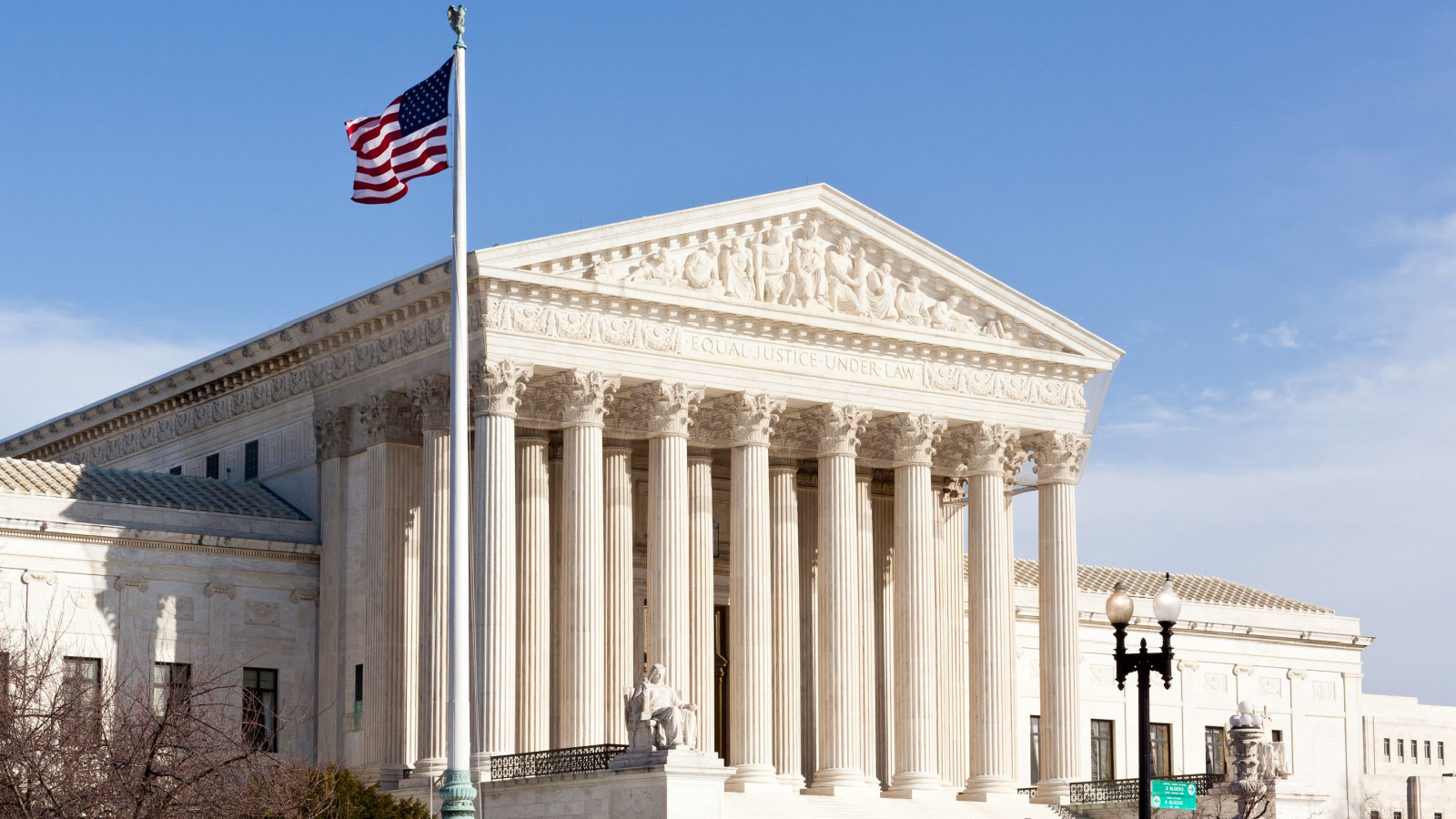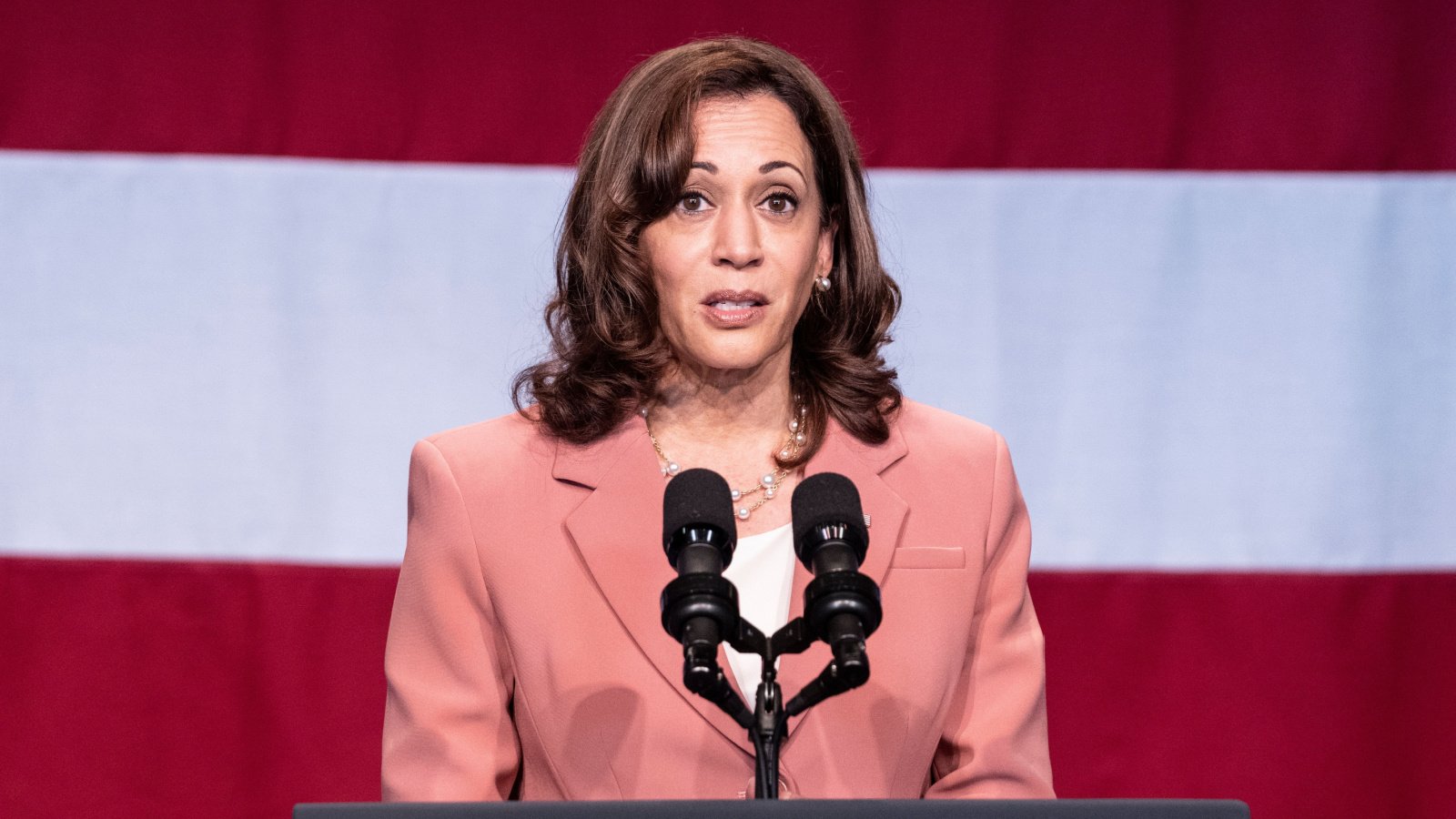The Supreme Court’s unexpected halt to transgender student protections has thrown a wrench into federal efforts, stalling critical guidelines in 26 states. The courts prepare to tackle Tennessee’s controversial ban on transgender medical care while schools and lawmakers are trying to navigate legal chaos.
Supreme Court Blocks Transgender Protections

The Supreme Court has temporarily halted Education Department rules aimed at shielding transgender students from discrimination. This action affects several Republican-led states that had legally challenged the rules based on gender identity protections.
Lower Court Rulings Hold in Multiple States
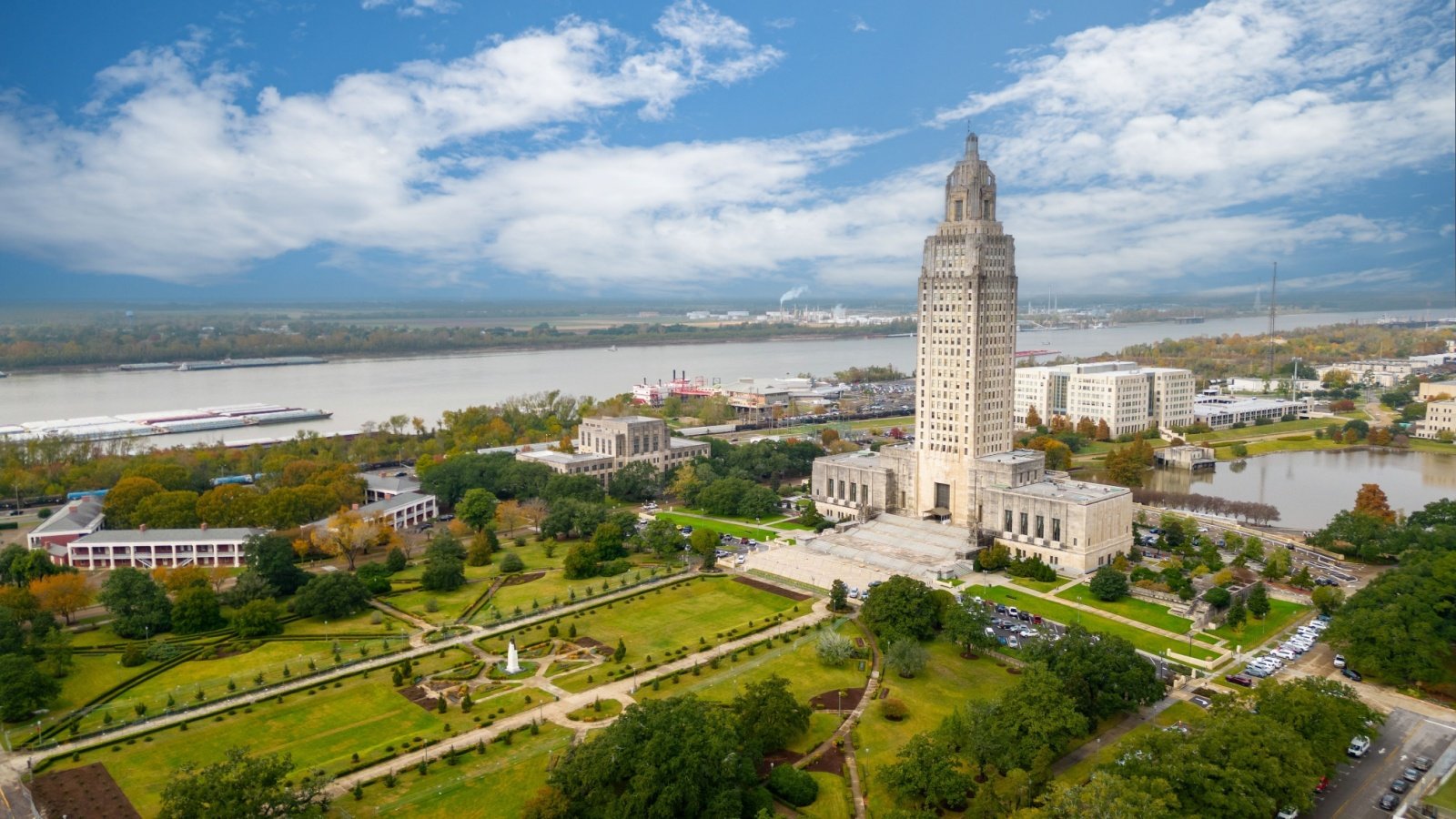
An emergency order upheld lower court decisions in Louisiana and Kentucky, keeping the new federal guidelines on hold in about 10 states. These guidelines, meant to expand protections for transgender students, were initially implemented in nearly half the country on August 1.
Biden Administration’s Challenge Rejected
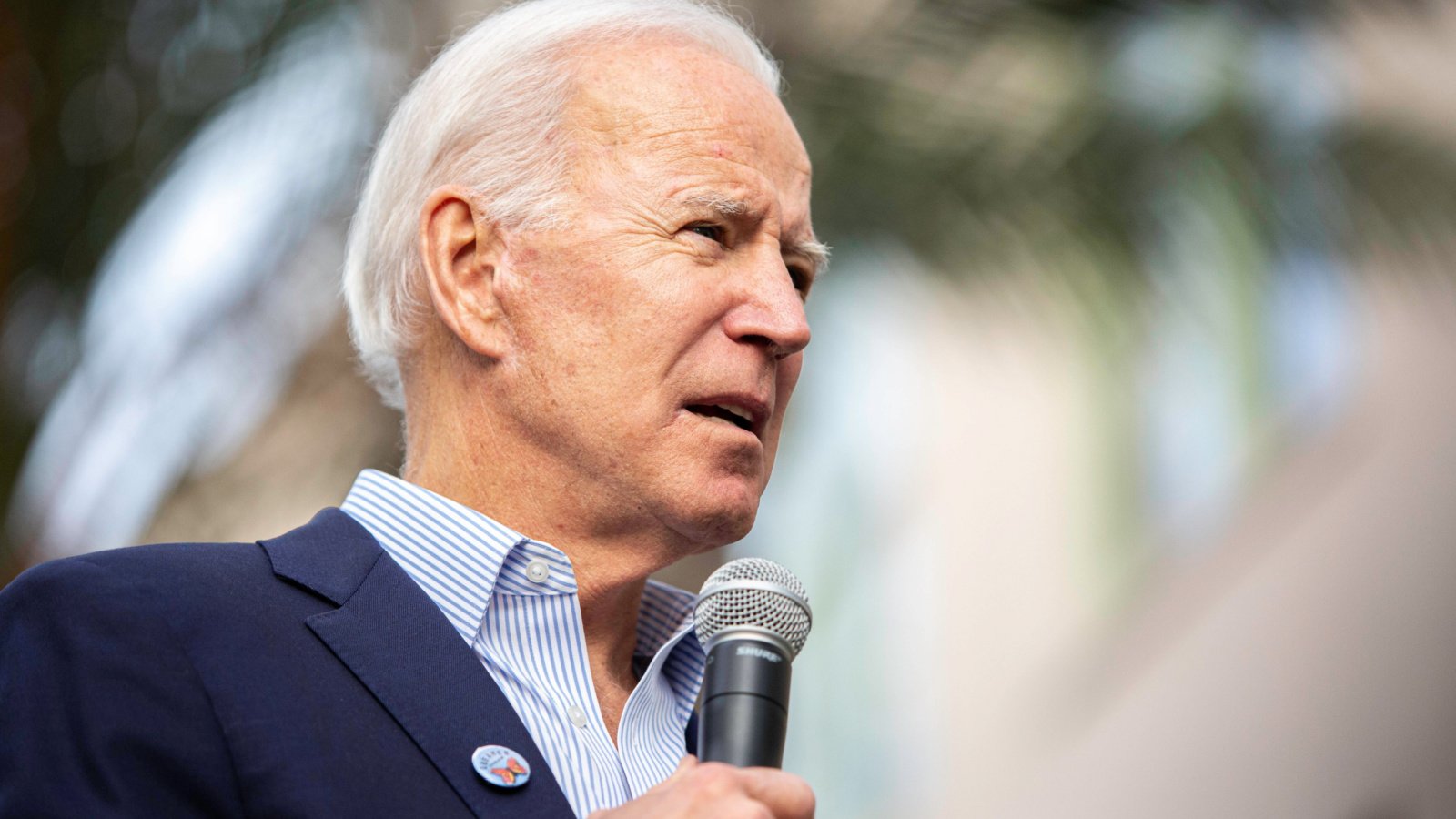
The Supreme Court’s decision came after the Biden administration requested intervention to counter Republican-led states’ attempts to overturn the new rules. The order, unsigned as usual in emergency cases, allows the legal challenges to continue.
Justices Agree on Temporary Pause

All nine justices agreed that certain aspects of the new rules, including transgender student protections, should not take effect while legal disputes are ongoing. This consensus highlights the ongoing judicial scrutiny surrounding these guidelines.
Republican States Secure Legal Win
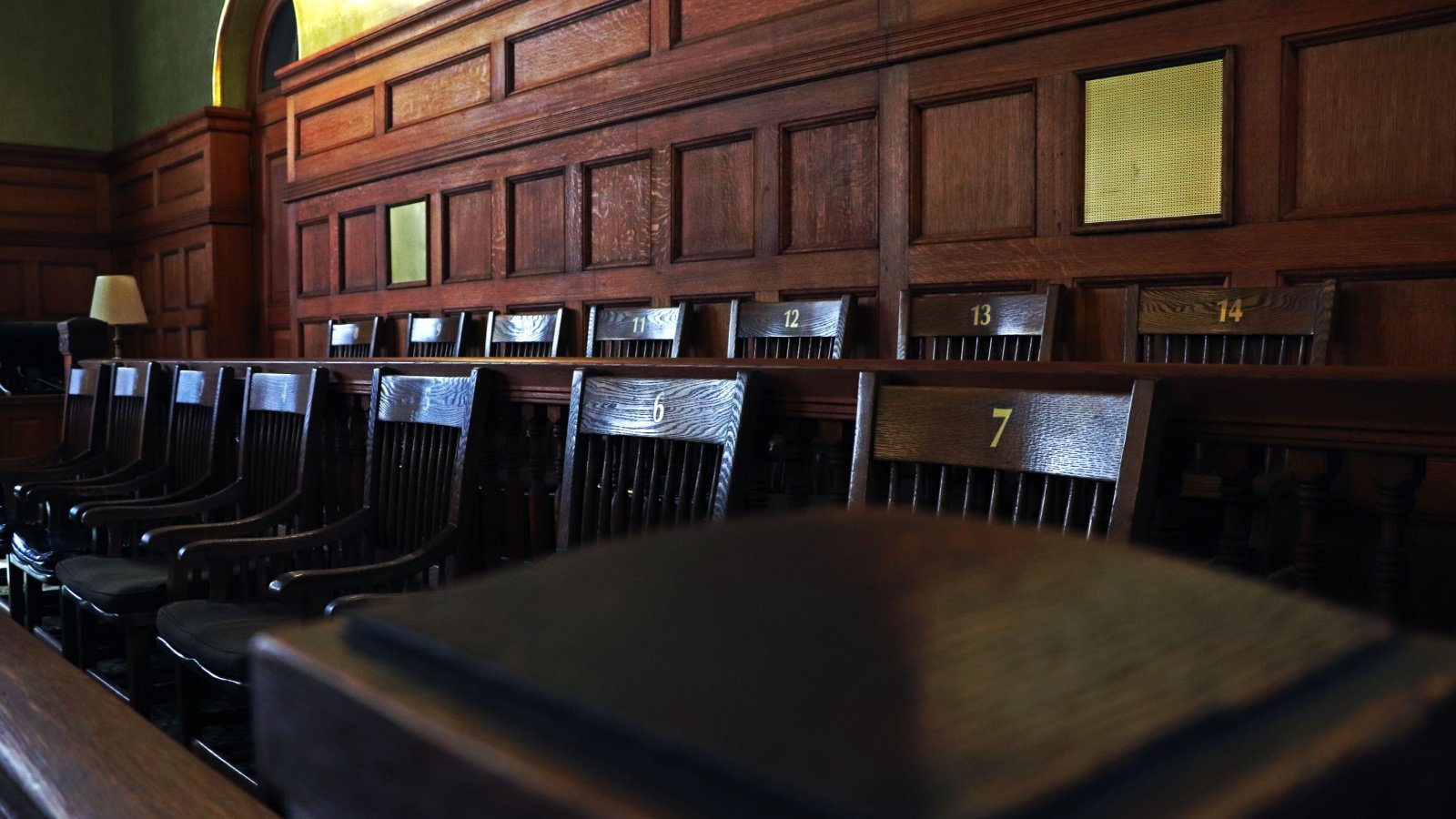
The ruling is seen as a victory for the Republican-led states that opposed the regulations. Due to conflicting lower court decisions, the rules are now paused in approximately 26 states, leading to inconsistent protections nationwide.
Partial Dissent from Liberal Justices
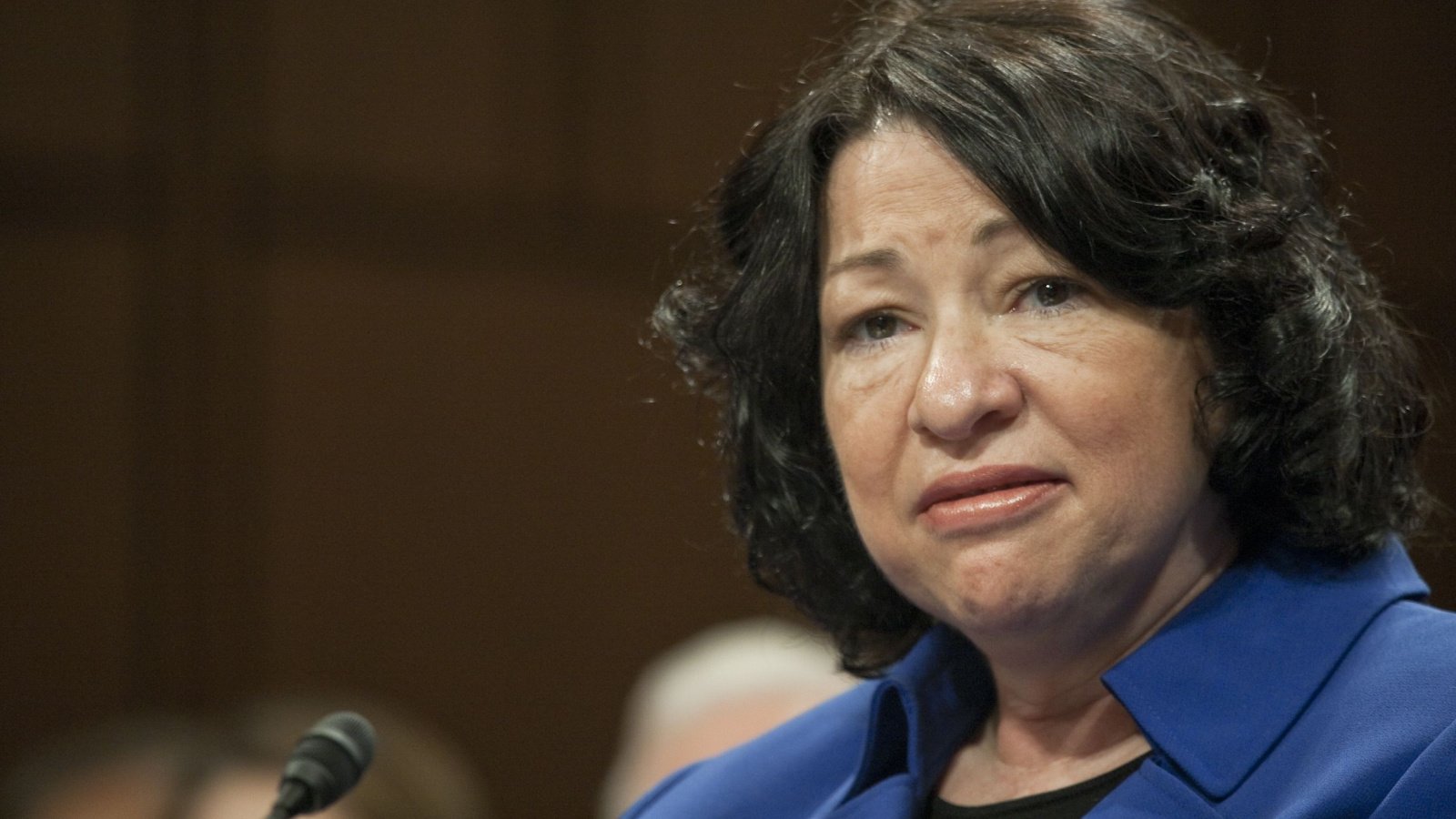
Justice Sonia Sotomayor, writing on behalf of the liberal justices, and Justice Neil M. Gorsuch, expressed dissent. They argued that the court should have allowed non-controversial parts of the regulation to be enforced immediately.
Tennessee Attorney General Applauds Ruling

Tennessee’s Attorney General, one of the challengers, hailed the decision as a triumph for student privacy and free speech. This sentiment reflects the broader support among conservative states for blocking the new guidelines.
Critics Warn of Lost Protections

Critics argue that the Supreme Court’s decision undermines essential protections for transgender youth. Legal advocates stress that the pause on these guidelines jeopardizes civil rights advancements for vulnerable students.
Transgender Rights at the Center of Debate

The ruling adds fuel to the ongoing debate over transgender rights as conservative states enact increasingly strict laws. These laws include limitations on medical care, bathroom access, and pronoun usage, intensifying the national conversation on the issue.
Supreme Court to Address Transgender Medical Care in Upcoming Term

The Supreme Court is set to tackle the constitutionality of a Tennessee law that prohibits certain medical treatments for transgender minors. This case, which will be heard in the upcoming term starting in October, could have significant implications for the roughly 25 states with similar legislation.
Expansion of Title IX Sparks Legal Battles

The current controversy stems from the Education Department’s April decision to expand Title IX, the 1972 law that prohibits sex discrimination in federally funded schools, to include protections based on gender identity. This move reversed several Trump-era policies related to schools’ responsibilities in handling sexual misconduct cases.
States Challenge Federal Authority

A coalition of states swiftly filed lawsuits against the Education Department, arguing that it had overstepped its authority by broadening the definition of sex discrimination.
The contested provisions include the extension of Title IX protections to gender identity, the requirement for schools to allow transgender students access to facilities matching their gender identity, and the application of harassment policies to gender identity.
Solicitor General Pushes for Federal Guidelines
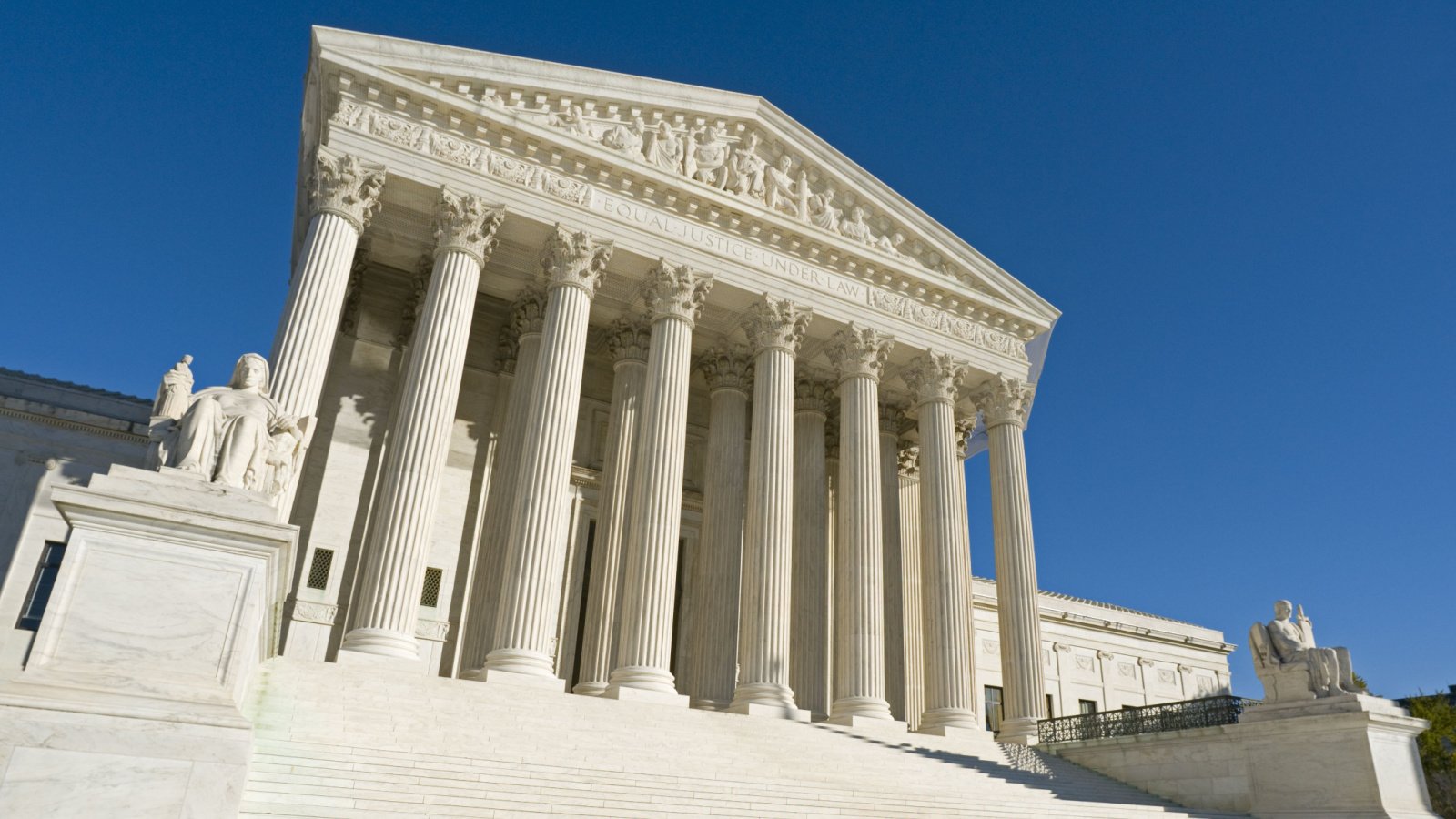
Solicitor General Elizabeth B. Prelogar filed emergency petitions urging the Supreme Court to overturn lower court rulings that blocked the federal rules. She argued that these rulings were overly broad, halting regulations unrelated to transgender rights and preventing essential protections from being implemented.
Concerns Over Transgender Protections

Prelogar emphasized that the only consequence of the new rules would be to eliminate protections against discrimination targeting transgender students.
She referenced the 2020 Supreme Court decision in Bostock v. Clayton County, which extended workplace discrimination protections to gay and transgender employees, as a precedent for the government’s responsibility to protect gender identity rights.
Opposition from Louisiana and Tennessee

Louisiana and Tennessee, leading the charge against the federal guidelines, criticized the expanded regulations as an overreach. Louisiana Attorney General Elizabeth B. Murrill argued that the guidelines, which span 423 pages, would impose unreasonable burdens on schools and families, including costly modifications to facilities and the enforcement of pronoun use.
States Warn of Chaos and Costs

Murrill also warned that allowing the new rules to take effect would create chaos for states, as schools would need to quickly adapt policies and facilities just as the academic year begins.
Tennessee Attorney General Jonathan Skrmetti added that the federal government’s approach forces schools to adopt a controversial perspective on gender identity, with significant financial and social implications.



